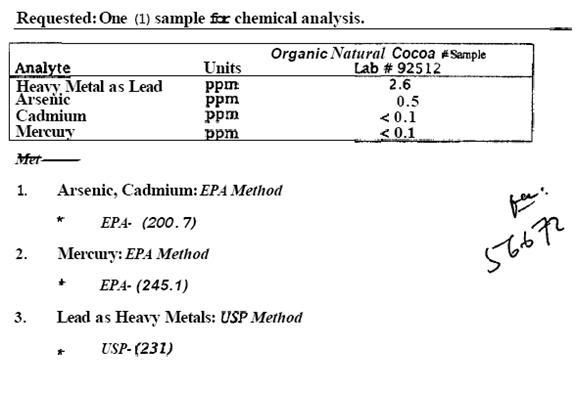Apologies if this has already been dealt with, but someone earlier asked whether the mixing of cocoa with milk would reduce the effectiveness of the cocoa.
Here's some Australian research which concludes that the addition of milk solids did not reduce polyphenol concentration but did slightly improve absorption. Very small sample size.
http://www.ingentaco...000003/art00030The Effect of Milk Protein on the Bioavailability of Cocoa Polyphenols
Authors: Keogh, J.B.1; McInerney, J.1; Clifton, P.M.1
Source: Journal of Food Science, Volume 72, Number 3, April 2007 , pp. S230-S233(1)
Publisher: Blackwell Publishing
Abstract:
In order to determine whether milk proteins interact with cocoa polyphenols to modulate the uptake and concentration of polyphenols in plasma, 24 middle-aged men and women consumed 2 g of chocolate polyphenols, plus sugar and cocoa butter in 200 mL water, on 2 occasions. On 1 occasion, the chocolate mix contained 2.45 g of milk proteins. Blood samples were taken fasting and at regular intervals for 8 h. Catechin and epicatechins levels were measured in these samples and no differences were seen in average concentrations between the 2 treatments. Milk protein caused a slight increase in concentration at the early time points and a decrease at the later time points. In conclusion, milk powder did not influence the average concentration of polyphenols. While it slightly accelerated absorption, this is of no physiological significance.
Keywords: bioavailability; cocoa; milk; polyphenols; protein
Document Type: Research article
DOI: 10.1111/j.1750-3841.2007.00314.x
Affiliations: 1: Authors are with CSIRO Human Nutrition, PO Box 10041 Adelaide BC, South Australia 5000. Direct inquiries to author Keogh ( )., Email: jennifer.keogh@csiro.au

















































